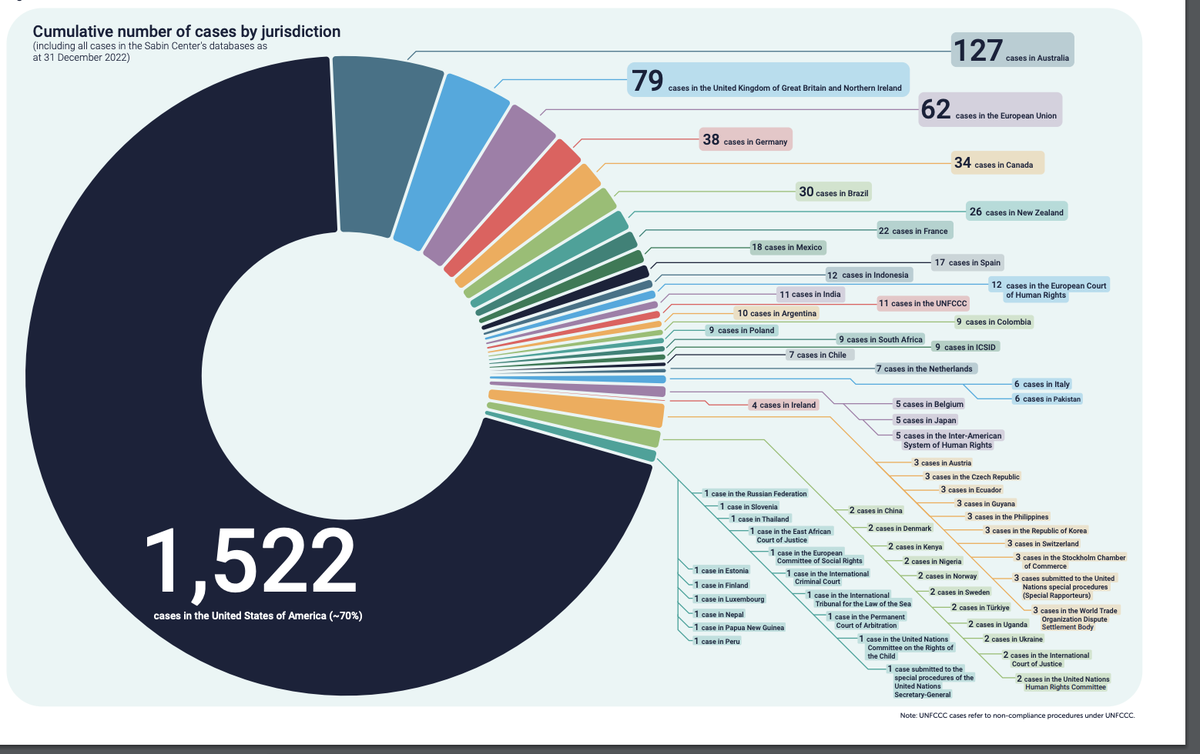People who carry three gene variants that have been inherited from Neanderthals are more sensitive to some types of pain, according to a new study (Communications Biology). The latest findings show how past interbreeding with Neanderthals has influenced the genetics of modern humans. The researchers found that people carrying three so-called Neanderthal variants in the gene SCN9A, which is implicated in sensory neurons, are more sensitive to pain from skin pricking after prior exposure to mustard oil. Previous research has identified three variations in the SCN9A gene — known as M932L, V991L, and D1908G — in sequenced Neanderthal genomes and reports of greater pain sensitivity among humans carrying all three variants. The researchers found that the D1908G variant of the gene was present in around 20% of chromosomes within this population and around 30% of chromosomes carrying this variant also carried the M932L and V991L variants. The authors found that the three variants were associated with a lower pain threshold in response to skin pricking after prior exposure to mustard oil, but not in response to heat or pressure. Additionally, carrying all three variants was associated with greater pain sensitivity than carrying only one.









